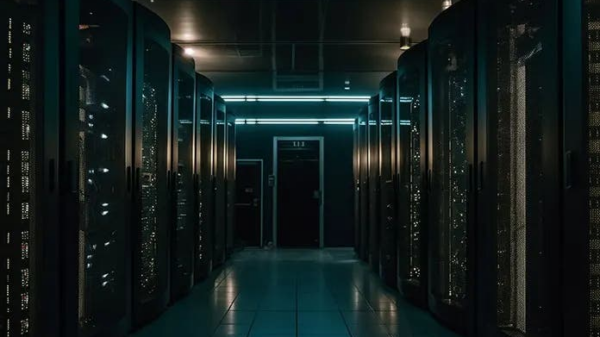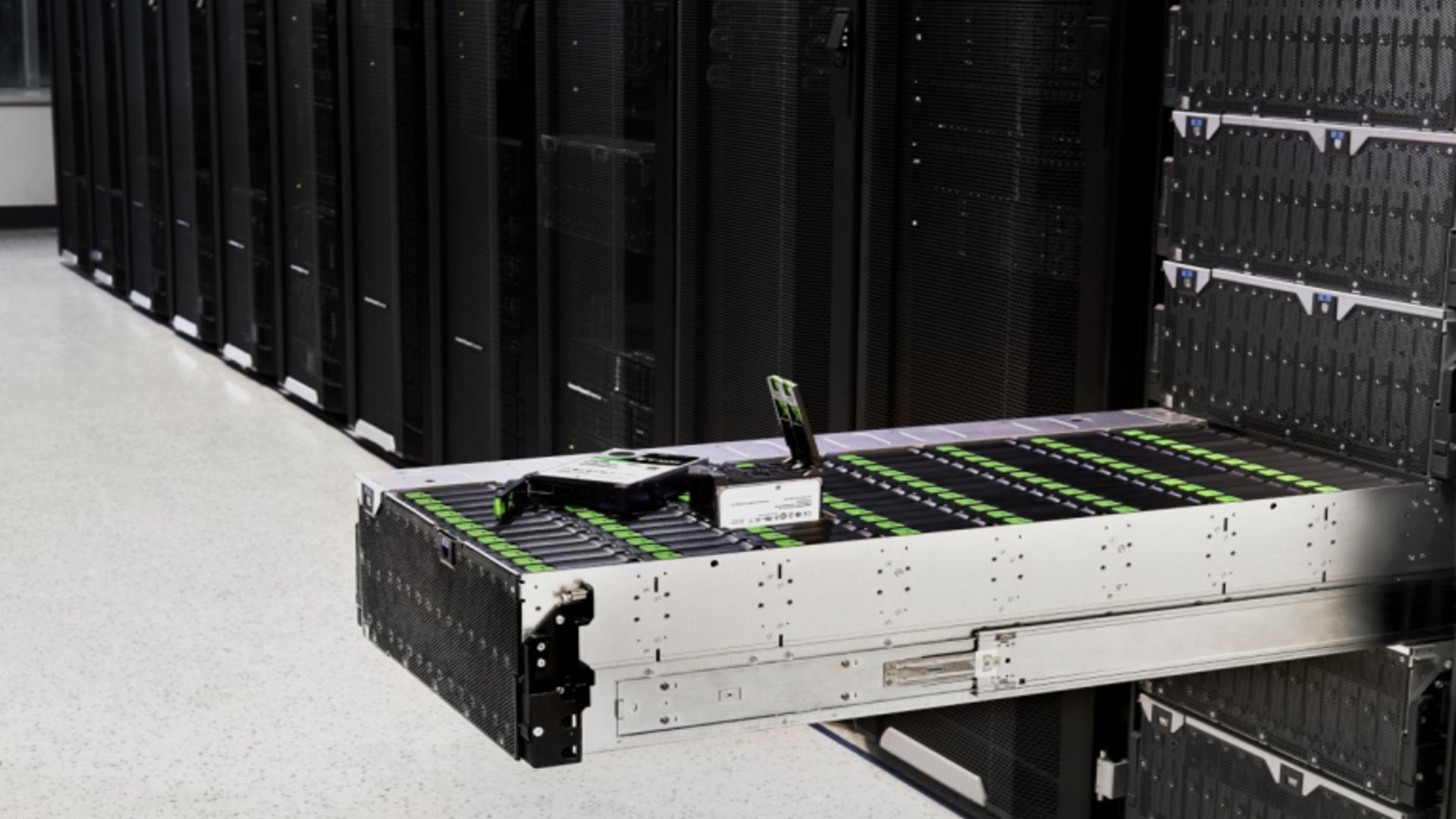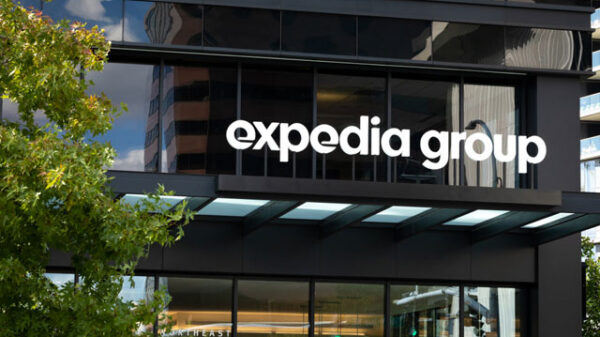Seagate has launched its latest storage solutions, the Exos 4U100 and 4U74 JBOD systems, designed specifically for the escalating data requirements of artificial intelligence (AI) and machine learning (ML) applications. The flagship Exos 4U100 offers an impressive maximum capacity of 3.2 petabytes, targeting both data centers and edge environments where data generation and processing occur outside traditional cloud systems.
At the heart of the Exos 4U100 is Seagate’s innovative Mozaic HAMR technology, which not only enhances data density but also ensures long-term storage durability. This technology is particularly advantageous for AI-driven workflows, which demand rapid updates and local data analysis. By facilitating model checkpointing, long-term data retention, and continuous data ingestion, the system effectively meets the dynamic needs of modern AI workloads.
Efficiency and Performance Advantages
Seagate emphasizes that the Exos 4U100 achieves 70% more efficient cooling and consumes 30% less power than its predecessor, a significant improvement that addresses energy consumption concerns in data storage. Additionally, the system is designed to support both SAS and SATA configurations, providing flexibility to suit a range of operational needs.
However, it’s important to note that the efficiency claims of dense storage solutions rely heavily on the real-world workloads they are subjected to. While solid-state drives (SSDs) excel in high-speed caching, traditional hard disk drives (HDDs) like those in the Exos 4U100 continue to provide unparalleled capacity for long-term storage at a lower cost. This hybrid approach, combining both HDDs and SSDs, is becoming essential as AI workflows increasingly involve constant data generation, training, and archiving.
The challenge lies not merely in raw capacity but in ensuring efficiency and security across diverse storage layers. Seagate has integrated several security features in the Exos 4U100, including secure boot, Redfish management, and its proprietary Seagate Secure certification. These safeguards are vital as regulations surrounding data sovereignty and privacy become more stringent in various regions.
Notably, as storage technologies evolve with advancements in SSD and flash technology, questions arise regarding the manageability of large enclosures like the Exos 4U100 within fast-evolving AI environments. However, Seagate remains confident in the continued relevance of mechanical storage solutions, even amid the rise of newer technologies.
“The Seagate Exos 4U100 JBOD marks the beginning of a bold new chapter in edge storage innovation—engineered to meet the evolving demands of data creation, storage, replication, and analysis at the edge,” stated Melyssa Banda, Senior Vice President of Edge Storage and Services at Seagate. This assertion highlights the company’s commitment to adapting to the landscape of data-driven technologies.
In a world increasingly reliant on data, the Exos 4U100 positions itself as a robust solution for organizations looking to enhance their AI and ML capabilities. As the demands for data storage evolve, solutions like the Exos 4U100 could play a pivotal role in shaping the future of edge computing and data management.
See also Mozilla Introduces AI Window in Firefox for Enhanced User Control
Mozilla Introduces AI Window in Firefox for Enhanced User Control xAI Delays Grok 5 AI Model Release to Early 2026 Amid AGI Challenges
xAI Delays Grok 5 AI Model Release to Early 2026 Amid AGI Challenges Meta Integrates AI-Driven Impact into Employee Reviews Starting 2026, Shifting Corporate Culture
Meta Integrates AI-Driven Impact into Employee Reviews Starting 2026, Shifting Corporate Culture AI Enhances Supply Chain Resilience Amid Tariff Uncertainty with Real-Time Options
AI Enhances Supply Chain Resilience Amid Tariff Uncertainty with Real-Time Options Chinese Startups Target Global Expansion with AI, Robotics & Market Insights at XIN Summit
Chinese Startups Target Global Expansion with AI, Robotics & Market Insights at XIN Summit




































































